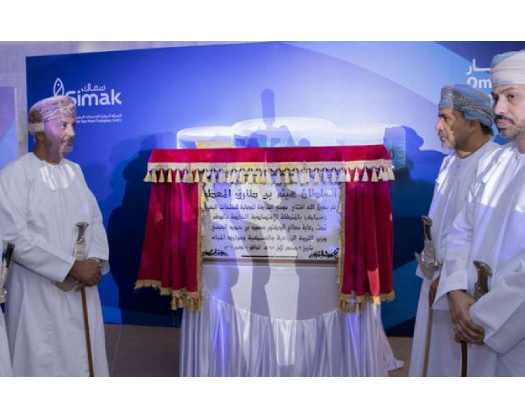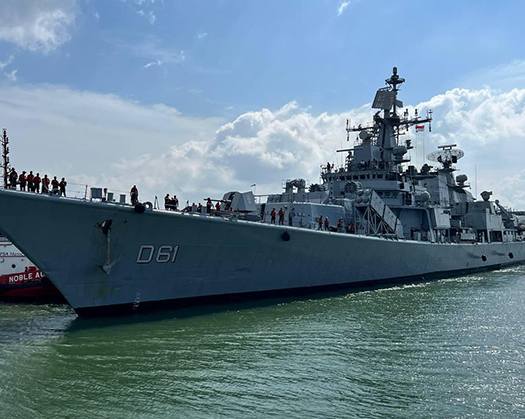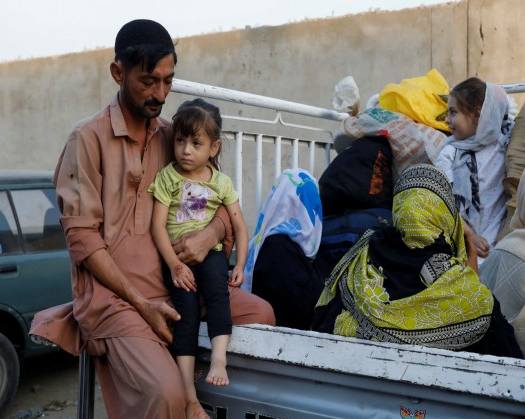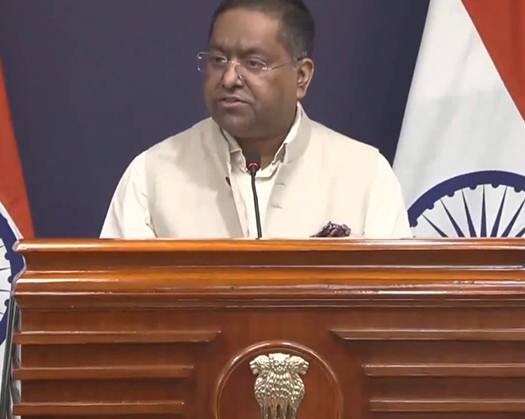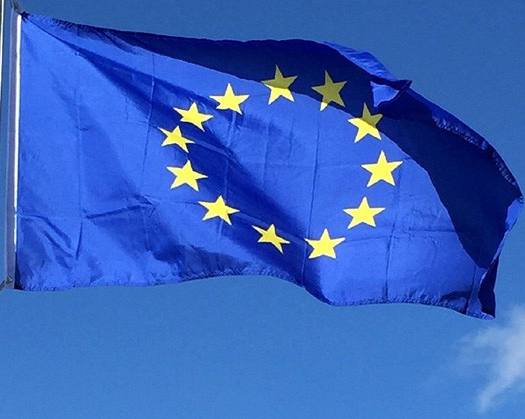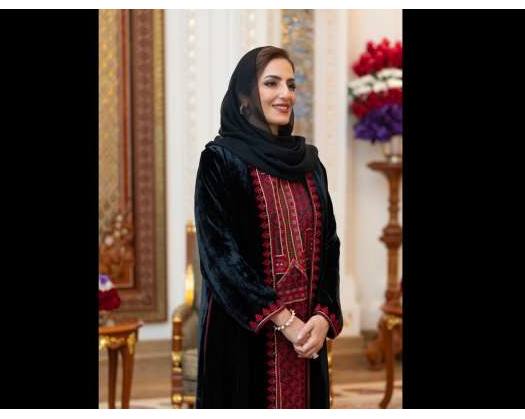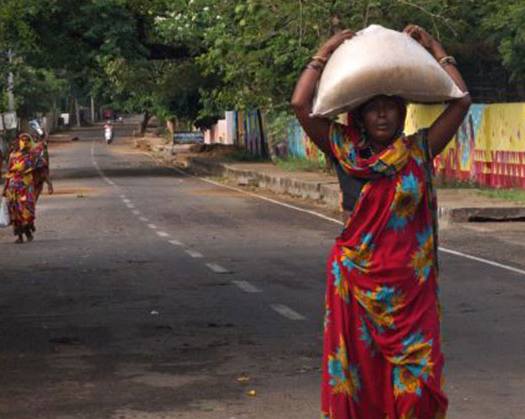Duqm: The Special Economic Zone at Duqm (SEZAD) marked the opening of the Fish Canning and Value-Added Products Complex today, operated by the International Seafood Company (SIMAK), a subsidiary of Fisheries Development Oman (FDO).
The inauguration ceremony was presided over by Dr. Saud Hamoud Al Habsi, the Minister of Agriculture, Fisheries and Water Resources.
This Fish Canning Complex leverages the infrastructure available within the Fish and Food Industries Zone and the Multipurpose Fishing Port located in SEZAD. With an annual production capacity of 100 million cans of fish, the Complex began commercial operations last March. After successfully launching canned tuna in local markets in recent months, the company is set to roll out additional products, including canned sardines and mackerel, in the near future.
Al Habsi emphasized the ongoing advancements in the fisheries sector, particularly in value-added industries. The establishment of the International Seafood Company (SIMAK) aligns with the Ministry's initiatives to enhance the economic value of fish products by fostering investments in such ventures.
The project features two production lines dedicated to canning tuna and sardines, boasting a processing capacity of 30,000 tonnes annually and an anticipated output of over 100 million cans each year. The factory sources its raw materials from small and medium-sized enterprises (SMEs) and local fishermen, aiming to boost local content. The project is designed to cater to both local markets and those in the Middle East and North Africa (MENA).
The Minister underscored that this initiative is integral to Oman’s strategy for economic diversification and the development of the fisheries sector, which is a key component of the nation’s economy. The factory is projected to generate numerous job opportunities for Omani youth and enhance the visibility of Omani products in international markets.
He emphasized that the Ministry of Agriculture, Fisheries, and Water Resources remains dedicated to bolstering this essential sector. We anticipate that this project will mark the start of additional initiatives aimed at enhancing the fish industry in the Sultanate of Oman and promoting sustainable development.
Oman's overall production from natural fisheries experienced a 13% rise from January to July this year, totaling around 410,000 tonnes, compared to 364,000 tonnes during the same timeframe last year. Additionally, the value of fish production increased by 6%, from RO 261 million to RO 277 million.
The fisheries sector's contribution to the gross domestic product (GDP) at constant prices rose from RO 128.4 million in the first half of 2023 to RO 143.9 million in the first half of 2024, indicating a growth rate of 12.1%.
The Fish Canning and Value-Added Complex, managed by Simak, is situated in the Fish and Food Industries Zone, less than 3 km from the multi-purpose fishing port. This port is operated by a consortium of several companies under the Oman Investment Authority (OIA) and Port of Lorient, one of Europe's largest fishing ports. Recently, the authority announced a tender for additional works at the port, including superstructure and utility network projects, aimed at facilitating the port's goals of advancing the fish and food industries sector.
In his remarks, Sheikh Dr. Ali Masoud Al Sunaidy, Chairman of the Public Authority for Special Economic Zones and Free Zones (OPAZ), stated that the Fish Canning and Value-Added Complex represents a significant investment in the Fish and Food Industries Zone within SEZAD. Over recent years, the zone has successfully attracted numerous factories focused on fish processing and manufacturing. OPAZ continues to enhance the area to draw more food industries, capitalizing on its proximity to the multi-purpose fishing port.
Al Sunaidy highlighted that OPAZ is actively engaged in the expansion of the Fish and Food Industries Zone to enhance the economic potential of fisheries and foster growth in other food industry sectors. He elaborated that a designated area across from this zone has been set aside for veterinary and agricultural quarantine, aimed at streamlining the importation of livestock, fruits, and vegetables from East African nations.
He confirmed that the expansion initiatives are in line with the establishment of vital services, including electricity, water, and infrastructure. He mentioned that the comprehensive master plan for the initial phase of the zone has been completed, and efforts are currently focused on awarding contracts for the development of internal roads and infrastructure during this phase.
Additionally, Zakaria Sulaiman Al Hassani, CEO of Simak, expressed his enthusiasm for the official opening of the Complex, which is designed to deliver high-quality canned fish products to consumers. He underscored the company's dedication to adhering to international quality standards in its production processes, ensuring that all products are rigorously tested in the company's laboratories to meet quality standards and specifications.

